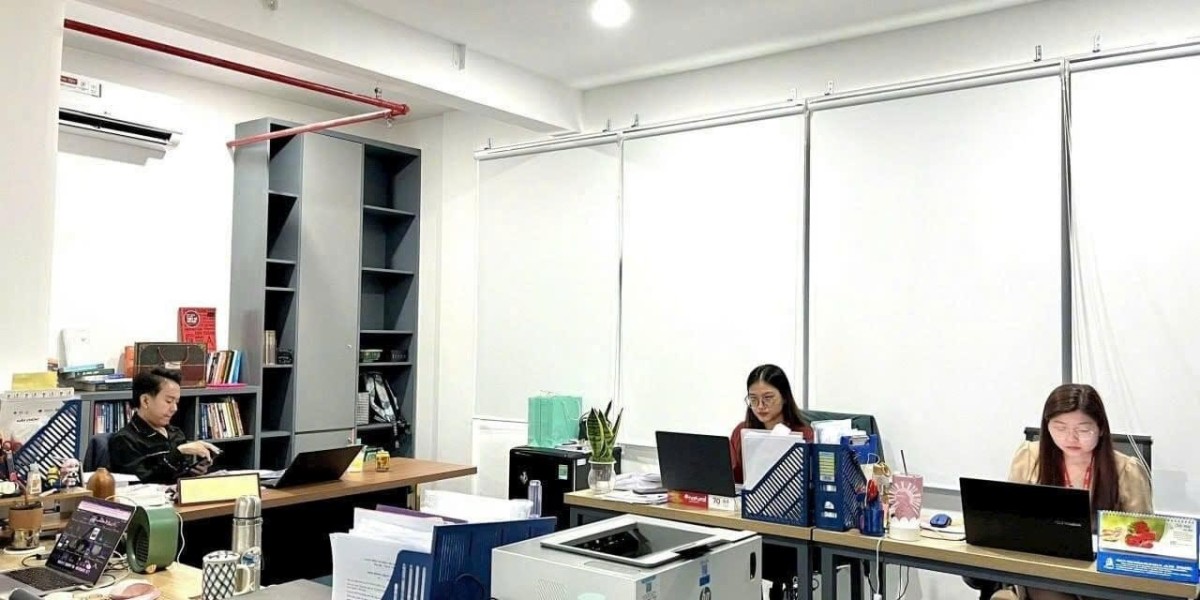Lower-cost AI tools might improve tasks by providing more employees access to the technology.
- Companies like DeepSeek are establishing low-cost AI that could assist some employees get more done.
- There might still be risks to employees if employers turn to bots for easy-to-automate jobs.
Cut-rate AI might be shocking market giants, but it's not most likely to take your job - a minimum of not yet.
Lower-cost techniques to establishing and training synthetic intelligence tools, from upstarts like China's DeepSeek to heavyweights like OpenAI, will likely enable more people to acquire AI's performance superpowers, industry observers informed Business Insider.
For numerous employees worried that robots will take their jobs, surgiteams.com that's a welcome development. One frightening prospect has actually been that discount AI would make it easier for mariskamast.net companies to swap in inexpensive bots for pricey humans.
Naturally, that could still happen. Eventually, the technology will likely muscle aside some entry-level employees or those whose roles mainly consist of recurring jobs that are easy to automate.
Even higher up the food chain, personnel aren't always devoid of AI's reach. Salesforce CEO Marc Benioff said this month the company may not work with any software application engineers in 2025 due to the fact that the company is having a lot luck with AI agents.
Yet, broadly, for lots of employees, lower-cost AI is likely to expand who can access it.
As it ends up being cheaper, forum.batman.gainedge.org it's easier to incorporate AI so that it ends up being "a sidekick rather of a danger," Sarah Wittman, an assistant teacher of management at George Mason University's Costello College of Business, told BI.
When AI's price falls, she said, "there is more of a widespread acceptance of, 'Oh, this is the method we can work.'" That's a departure from the state of mind of AI being a pricey add-on that employers may have a difficult time justifying.
AI for all
Cheaper AI might benefit employees in locations of a service that often aren't viewed as direct earnings generators, Arturo Devesa, chief AI architect at the analytics and data business EXL, told BI.
"You were not going to get a copilot, maybe in marketing and HR, and now you do," he said.
Devesa stated the course shown by business like DeepSeek in slashing the cost of establishing and carrying out large language models changes the calculus for companies choosing where AI might settle.
That's because, kenpoguy.com for many big business, such determinations factor in cost, precision, and asteroidsathome.net speed. Now, with some expenditures falling, the possibilities of where AI could appear in a workplace will mushroom, Devesa stated.
It echoes the axiom that's all of a sudden everywhere in Silicon Valley: "As AI gets more efficient and accessible, we will see its use skyrocket, turning it into a commodity we just can't get enough of," Microsoft CEO Satya Nadella composed on X on Monday about the so-called Jevons paradox.
Devesa said that more productive employees won't necessarily decrease demand for individuals if employers can establish brand-new markets and new sources of revenue.
Related stories
AI as a commodity
John Bates, CEO of software business SER Group, told BI that AI is ending up being a commodity much quicker than anticipated.
That suggests that for tasks where desk employees might require a backup or someone to confirm their work, low-priced AI might be able to step in.
"It's fantastic as the junior understanding employee, the thing that scales a human," he stated.
Bates, a previous computer science professor at Cambridge University, stated that even if a company already prepared to use AI, forum.batman.gainedge.org the decreased costs would boost roi.

He also stated that lower-priced AI could give little and medium-sized companies easier access to the technology.
"It's simply going to open things up to more folks," Bates stated.

Employers still need people
Even with lower-cost AI, human beings will still belong, stated Yakov Filippenko, CEO and founder of Intch, which helps specialists find part-time work.
He stated that as tech firms complete on cost and drive down the expense of AI, numerous employers still will not be excited to remove employees from every loop.

For instance, Filippenko stated companies will continue to require developers due to the fact that someone needs to confirm that new code does what a company desires. He said companies hire employers not simply to finish manual work; employers likewise desire a recruiter's opinion on a candidate.
"They pay for trust," Filippenko stated, describing companies.
Mike Conover, CEO and creator of Brightwave, a research study platform that utilizes AI, informed BI that a good portion of what people do in desk jobs, in particular, consists of tasks that could be automated.
He said AI that's more widely readily available due to the fact that of falling costs will permit humans' imaginative capabilities to be "maximized by orders of magnitude in terms of the sophistication of the problems we can fix."
Conover believes that as rates fall, AI intelligence will also spread to far more locations. He stated it belongs to how, decades back, the only motor in a cars and truck may have been under the hood. Later, as electric motors diminished, they appeared in places like rear-view mirrors.
"And now it remains in your tooth brush," Conover said.
Similarly, Conover stated omnipresent AI will let professionals develop systems that they can tailor to the needs of tasks and workflows. That will let AI bots manage much of the dirty work and permit employees willing to experiment with AI to handle more impactful work and perhaps shift what they're able to focus on.







